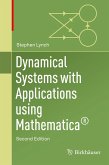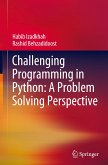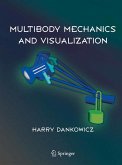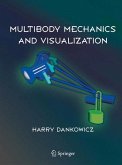Based on the new 'guided-tour' concept that eliminates the start-up transient encountered in learning new programming languages, this beginner's introduction to MATLAB teaches a sufficient subset of the functionality and gives the reader practical experience on how to find more information. Recent developments in MATLAB to advance programming are described using realistic examples in order to prepare students for larger programming projects. In addition, a large number of exercises, tips, and solutions mean that the course can be followed with or without a computer. The development of MATLAB programming and its use in engineering courses makes this a valuable self-study guide for both engineering students and practicing engineers.
From the reviews: "The book consists of three parts: an initiation in matlab, more advanced programming in matlab, and some elaborated applications. ... The text gives a bottom-up learning-by-example approach. ... Thus the reader is forced to sit at the computer and do experiments, which is in my opinion the best and fastest way to learn matlab. The excellent help tool of matlab should do the rest. ... The command summaries in the appendices make it ... a substitute for the matlab manuals." (Adhemar Bultheel, Bulletin of the Belgian Mathematical Society, Vol. 12 (1), 2005)








